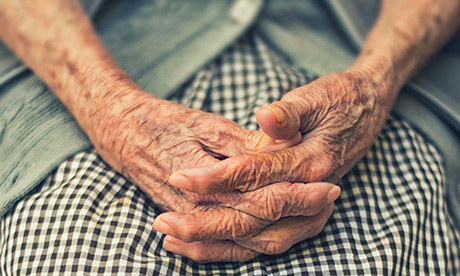St Joseph’s Home of Compassion elder care facility will close in four months.
Upper Hutt mayor Wayne Guppy labels the closure as “catastrophic.”
Guppy said he attended a packed meeting of family members at the home’s chapel on Wednesday night.
“It was a bolt from the blue.
“People were obviously sad and wondering what was going to happen to their loved ones,” Guppy said.
“It’s not a small organisation and clearly this is not about money, it’s about workforce.
“Registered nurses, we need you,” Guppy said.
Its closure will mark a big change for the Sisters of Compassion, who have provided service to the elderly in Upper Hutt for almost 100 years.
Chief executive Chris Gallavin said the facility had been kept open “through a wing and a prayer and Band-aids” but was unable to sustain its services in the face of the current nursing shortage.
“Our normal contingency of [nursing] staff is 15 but we’ve been hobbling along with five. Staff have been working double and, at times, triple shifts,” Gallavin said.
“Purely and simply we don’t have the nursing staff and caregivers to stay open,” Gallavin said.
The closure is the result of aged care providers everywhere suffering from a nursing shortage.
St Joseph’s accommodates 87 residents. It provides 16 beds for dementia care, with the rest a mix of elderly and hospital-level care.
This is not a problem
we are able to fix
by spending more
but is a reflection
of where our health system is at.
Health Minister – Andrew Little
The New Zealand Nurses Organisation said recently our own health sector was more than 4,000 nurses short.
Problems attracting qualified staff have been ongoing since before the pandemic. says Dr Chris Gallavin, Co-Executive director of the Sisters of Compassion group.
It has been increasingly challenging to recruit and retain nurses, caregivers and support staff, he explains. The last six months have been especially difficult.
“Unfortunately, we can no longer staff our home to the levels necessary to provide the quality and safety of care that we all expect and that they deserve.”
Over the last three years, Gallavin says they’ve been working as “innovatively and creatively as possible” to find solutions.
“We have advertised nationally and internationally, working with agencies, exploring options for staff including delaying retirement, and even trying to convince others to come out of retirement. But now we find ourselves unable to staff the centre adequately,” he says.
“We are so sorry that it has come to this.
“This is not a problem we are able to fix by spending more but is a reflection of where our health system is at.
“It is a very sad day for our residents, their whānau and families, our staff and everyone in our community who have been involved in our operations over many decades.
“I appreciate this will come as a great shock and that it is a blow to the community – again, I am very sorry for that.”
Te Whatu Ora (former DHB) has been supportive, providing relief staff when possible. Even so, finding the necessary staff to continue operating has not been possible.
Families will be given help to rehouse their loved ones through the local Needs Assessment and Service Coordination (NASC) organisation.
“Residents and families will not be left alone; we are here to work with them and Te Whatu Ora in their ongoing care and accommodation,” Gallavin promises.
St Joseph’s Home of Compassion had been in operation for more than 100 years, and the Upper Hutt rest home opened in 1933.
Source
